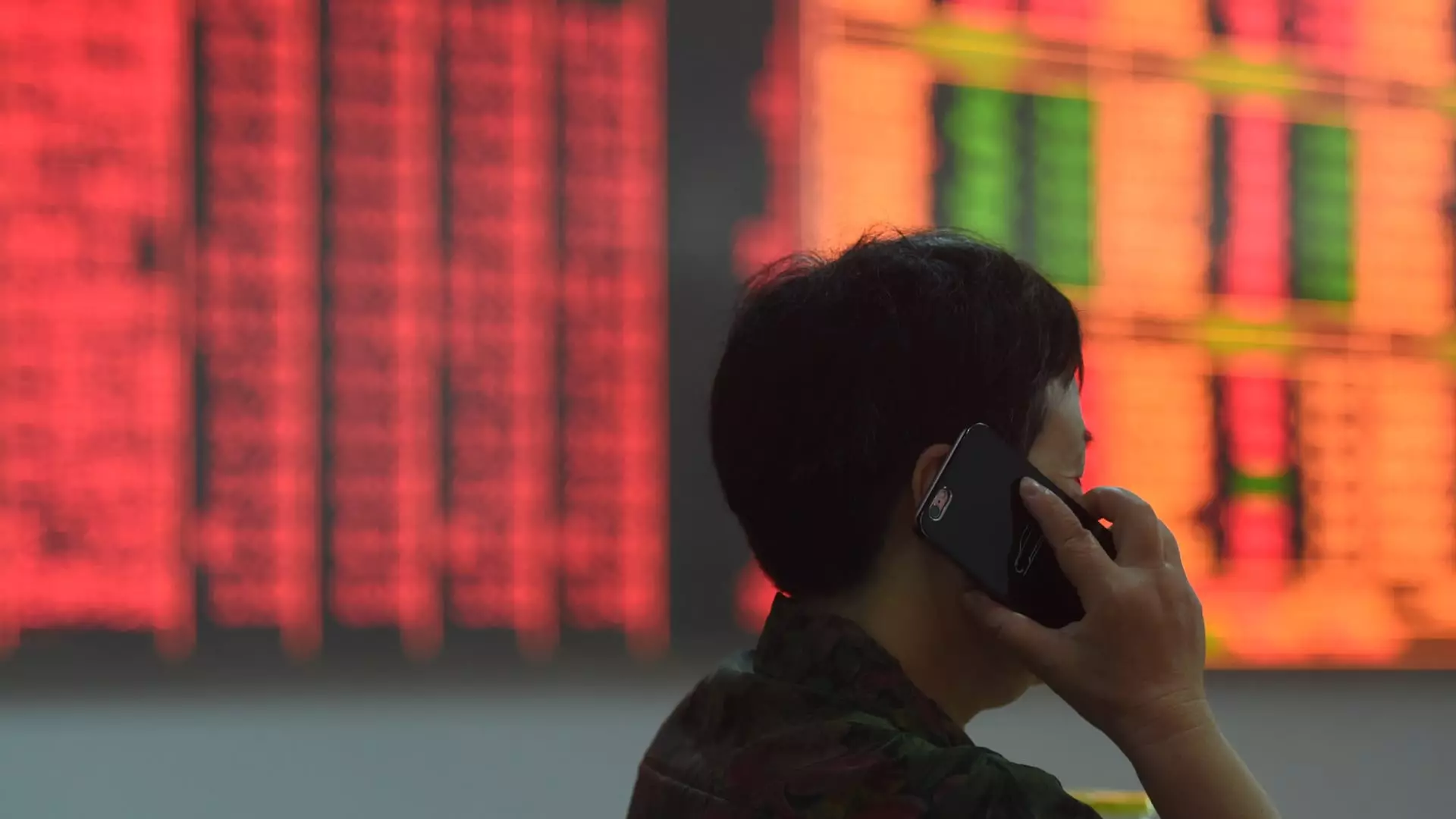In a remarkable display of resilience, Chinese stocks experienced one of their most significant rallies in over a decade as the Shanghai Composite Index soared by 8.06% on a single day—the largest increase since September 2008. This resurgence has been fueled by a series of economic stimulus measures issued by the Chinese government, aimed at revitalizing the sluggish property market and promoting broader economic recovery. The market not only capped a nine-day winning streak but also marked its first monthly gain in five months, ending September up 17.39%. The Shenzhen Composite Index mirrored this performance, closing with a staggering 10.9% increase, its best performance since April 1996.
The unexpected resurgence in the Chinese stock market can be attributed to a host of recent stimulus initiatives unveiled by the government. These measures include significant interest rate cuts intended to stimulate investment and consumer spending. The proactive stance taken by President Xi Jinping and senior officials aims to instill confidence in both domestic and international investors. Analysts are cautiously optimistic, hinting that while uncertainty looms, the government’s intervention is a critical first step toward stabilizing the economy. According to Art Hogan, chief market strategist at B. Riley Securities, although it remains uncertain if this economic uplift can sustain momentum, the importance of a strengthening Chinese economy should not be underestimated.
Beyond China’s borders, the wave of optimism has rippled through U.S. markets as well. Exchange-Traded Funds (ETFs) associated with Chinese equities have experienced a considerable uptick. The KraneShares CSI China Internet ETF (KWEB) climbed 4.2%, and the iShares China Large-Cap ETF (FXI) rose by 2.2%. American depositary receipts (ADRs) of major Chinese companies have also appreciated significantly, with Kanzhun and Bilibili recording gains of 9% and 10%, respectively. This uptick reflects a broader shift in sentiment among U.S. investors, many of whom are adjusting their outlook on Chinese equities. Billionaire hedge fund manager David Tepper recently expressed a bullish stance, claiming to have acquired a diverse portfolio of Chinese-related investments following the Federal Reserve’s recent monetary policy adjustments.
As investors recalibrate their strategies in response to this market transformation, it becomes apparent that the changing dynamics in China can have far-reaching implications. The market’s recovery may not only bolster local economies but could potentially reshape investment patterns on a global scale. While some analysts advocate caution amidst persistent challenges, others see this as an opportune moment to engage with Chinese markets more robustly. As Hogan remarked, the ambiguity of the current market landscape presents both challenges and opportunities for investors willing to adapt to evolving conditions.
The impressive rally of Chinese stocks signals a pivotal moment, not just for China, but for the global economic landscape. Investors who embrace this change may find rewarding prospects in a re-energized Chinese economy, albeit tempered with careful analysis and strategic foresight. The world watches closely as these developments unfold, indicating a potential rebirth for the notion of investing in China.

